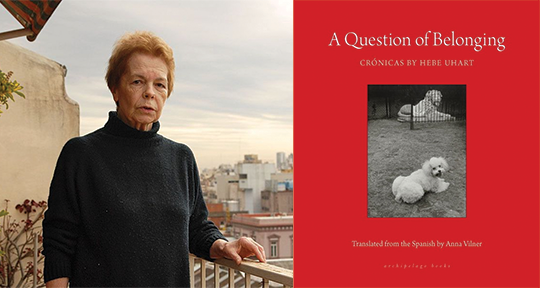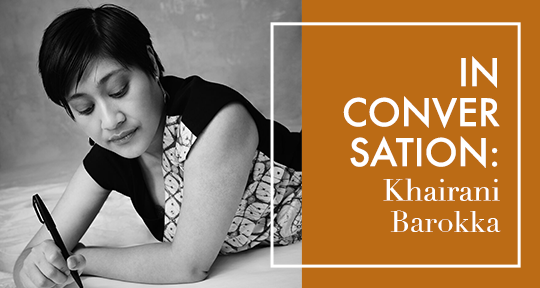A Question of Belonging by Hebe Uhart, translated from the Spanish by Anna Vilner, Archipelago Books, 2024
A Question of Belonging, the recently released collection of crónicas by the late, acclaimed Argentine writer Hebe Uhart, offers a unique alchemy of attentive reportage, sociological and psychological insight, and incisive wit. Drawing readers in with her ability to enjoy the unexpected without judgment, Uhart continually combines humor and erudition to recreate her encounters with camaraderie and guidance, and the care she extends to vulnerable strangers is all the more self-evident when contrasted with her willingness to eviscerate pernicious cultural narratives, particularly those that serve to harm and diminish. The translation by Anna Vilner captures the tonal nuances between these modes, as well as Uhart’s authentic political sympathies—most notably with marginalized and indigenous peoples, from whom she continually attempts to learn.
Crónicas on trips ranging in destination from Río de Janeiro to the Peruvian jungle are supplemented by visits to various therapists, a “North American Professor,” and a hospital stay. Uhart’s integrated practices of reading—which include the interpretation of not only books, but people, relationships, and the self—intertwine in these textual sojourns, often revisiting the ego’s haunts, assumptions, and habits in correspondence with the journeys they narrate. Such practices deepen interactions with differing views, histories, and community structures, truly exemplifying an openness to challenge and newness. The results mirror the process itself: shifting, dynamic essays that act as flexible containers for both journey and reflection, while leaving ample space for the reader’s own impressions and discoveries.


